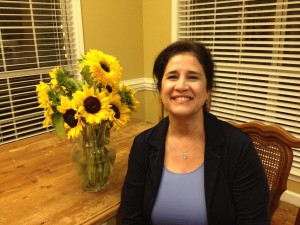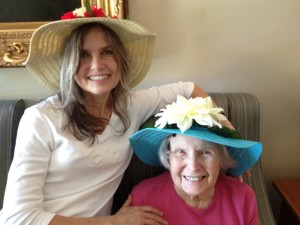As we all know by now, music is one of the last memories to be lost. I meet with a small group of residents in a memory care facility and have found that the following songs, scriptures and prayer are remembered by most of the participants. Whether you are looking for “church service” material or just want to add to the arsenal of activities you can pull out at anytime, the following are tried and true. After sharing the following with the group, one lady said with all sincerity, “Please write those words down for me, they are beautiful.” You can easily find the words online or in a hymnal.
“For God so loved the world, that he gave his only Son, that whoever believes in him should not perish but have eternal life” (John 3:16 ESV).
sing “Blessed Assurance”, “Jesus Loves Me”, and “Nothing But the Blood”.
“Do not let your heart be troubled; believe in God, believe also in Me. In My Father’s house are many dwelling places; if it were not so, I would have told you; for I go to prepare a place for you. If I go and prepare a place for you, I will come again and receive you to Myself, that where I am, there you may be also.” (John 14:1-3 Easy to Read Version).
sing “Amazing Grace”.
Recite “The Lord’s Prayer”.
sing “How Great Thou Art” and “In the Garden”.
“Trust in the Lord with all your heart and lean not on your own understanding. In all your ways acknowledge Him and He will set your path straight.” (Proverbs 3:5-6 NAS).
sing “I’ll Fly Away “and “The Doxology”.
Especially for Easter
sing “He Lives”, “The Old Rugged Cross” and “Because He Lives”.





Recent Comments